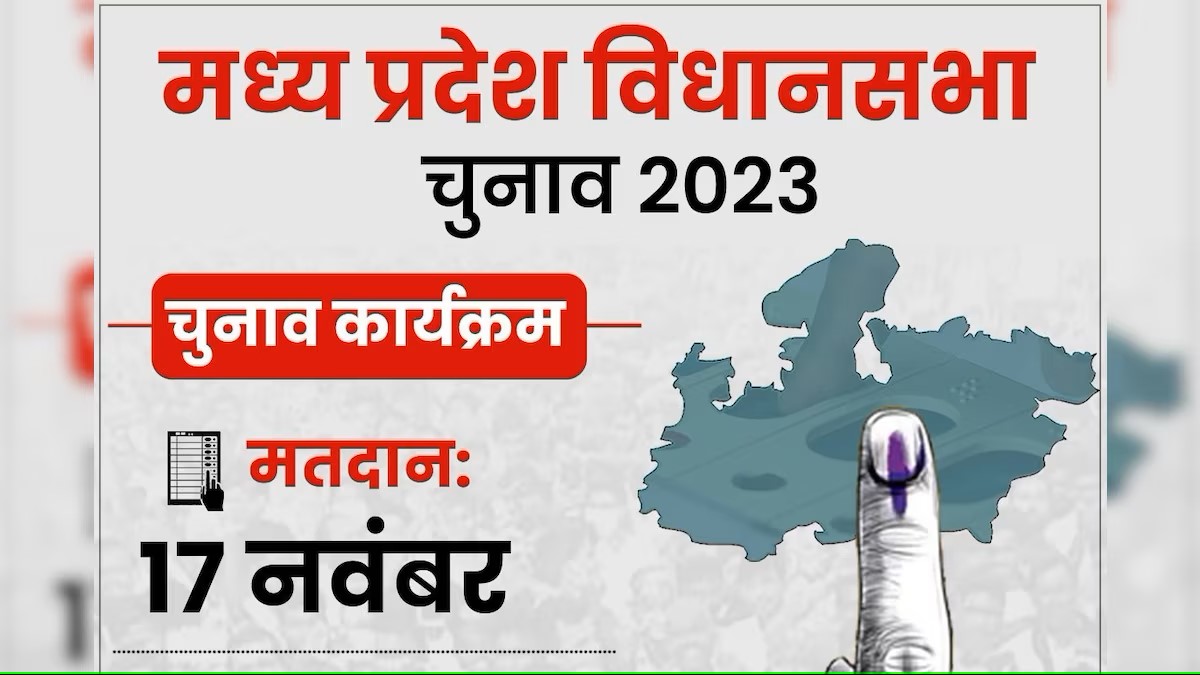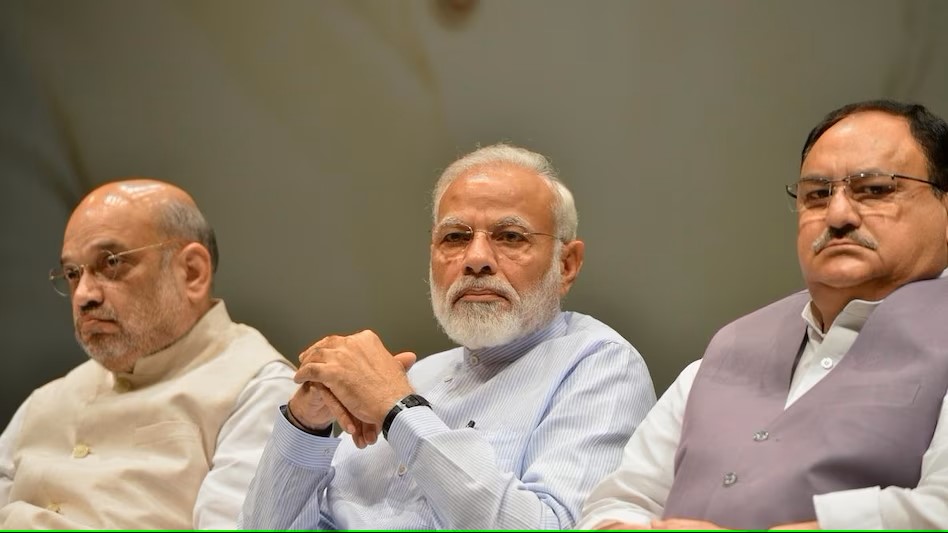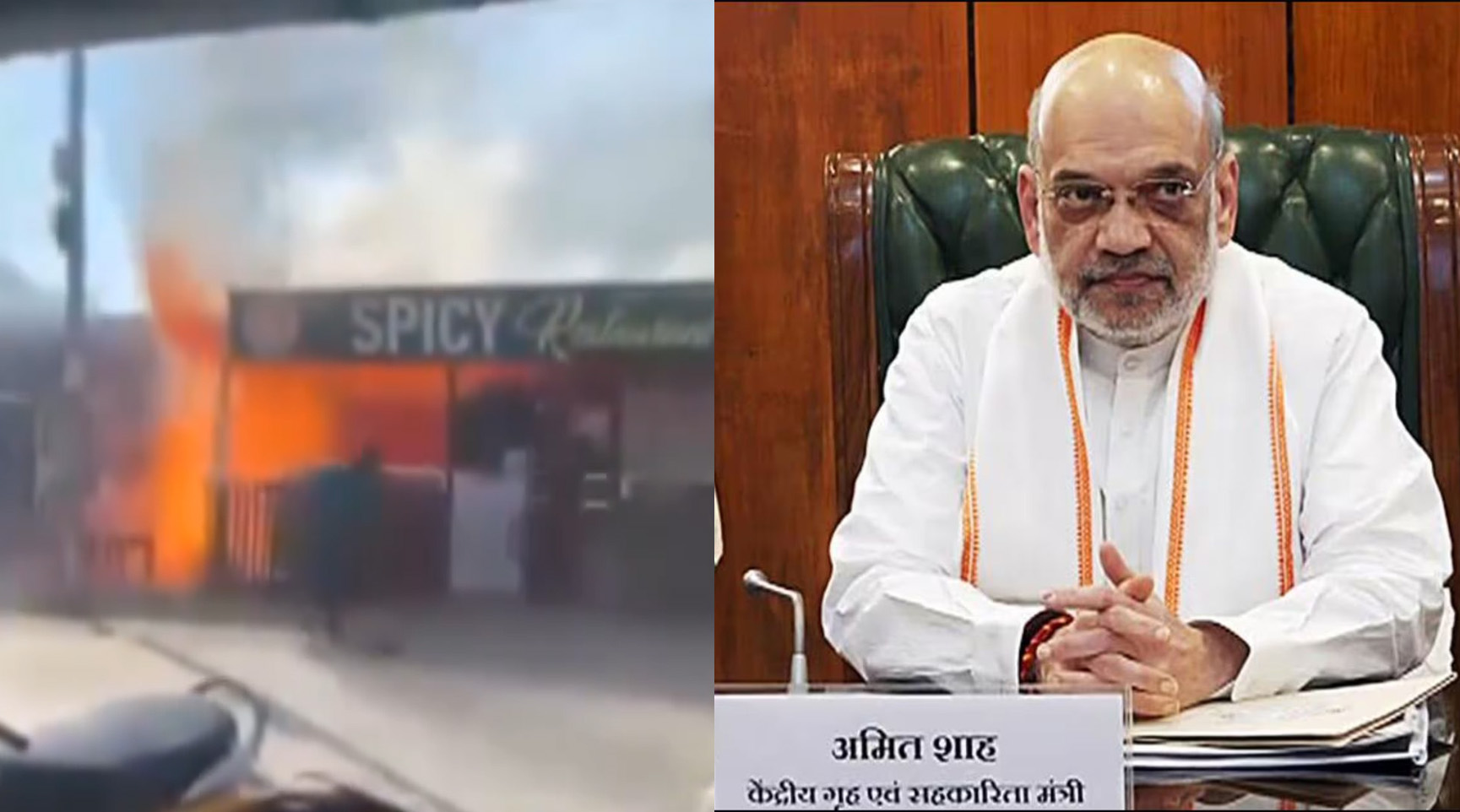India’s first general election, held in 1951-52, marked a historic milestone in the country’s democratic journey. Despite immense challenges, the elections showcased the resilience of the Indian democratic system. Below are the 10 key highlights:

1. Timeline of the Elections
The elections were conducted over several months, from October 25, 1951, to February 21, 1952, due to logistical and infrastructural challenges in a newly independent nation.
2. Conducted in 68 Phases
Given the vastness of the country and the lack of adequate transportation and communication systems, the elections were held in 68 phases, making it a mammoth task for the Election Commission.
3. Participation of Candidates
A total of 1,874 candidates contested for 489 seats in the Lok Sabha. These included representatives from 14 national parties and several independents.
4. Victory of the Indian National Congress
The Indian National Congress emerged as the dominant party, securing 364 seats and an absolute majority in the Lok Sabha. Jawaharlal Nehru was elected as Prime Minister for his second term.
5. Performance of the Communist Party of India (CPI)
The Communist Party of India became the second-largest party, winning 16 seats and 3.29% of the votes, trailing far behind Congress.
6. Voting Age
The minimum voting age was set at 21 years, which was a globally accepted standard at the time.
7. Introduction of International Observers
For the first time, international observers were invited to monitor the elections, ensuring transparency and bolstering the credibility of India’s democratic process.
8. Use of Voter Identity Cards
Voter identity cards were introduced to prevent electoral fraud and ensure that only eligible voters participated in the elections.
9. Introduction of Election Symbols
Election symbols were used to help voters, many of whom were illiterate, easily identify their preferred candidates and parties on the ballot.
10. Legacy of the Elections
These elections symbolized India’s commitment to democracy and highlighted the active participation of its citizens. They laid the foundation for a robust democratic tradition and proved the feasibility of democratic governance in a diverse and populous country like India.
This historic election remains a testament to the determination of a young nation to uphold democratic values.




